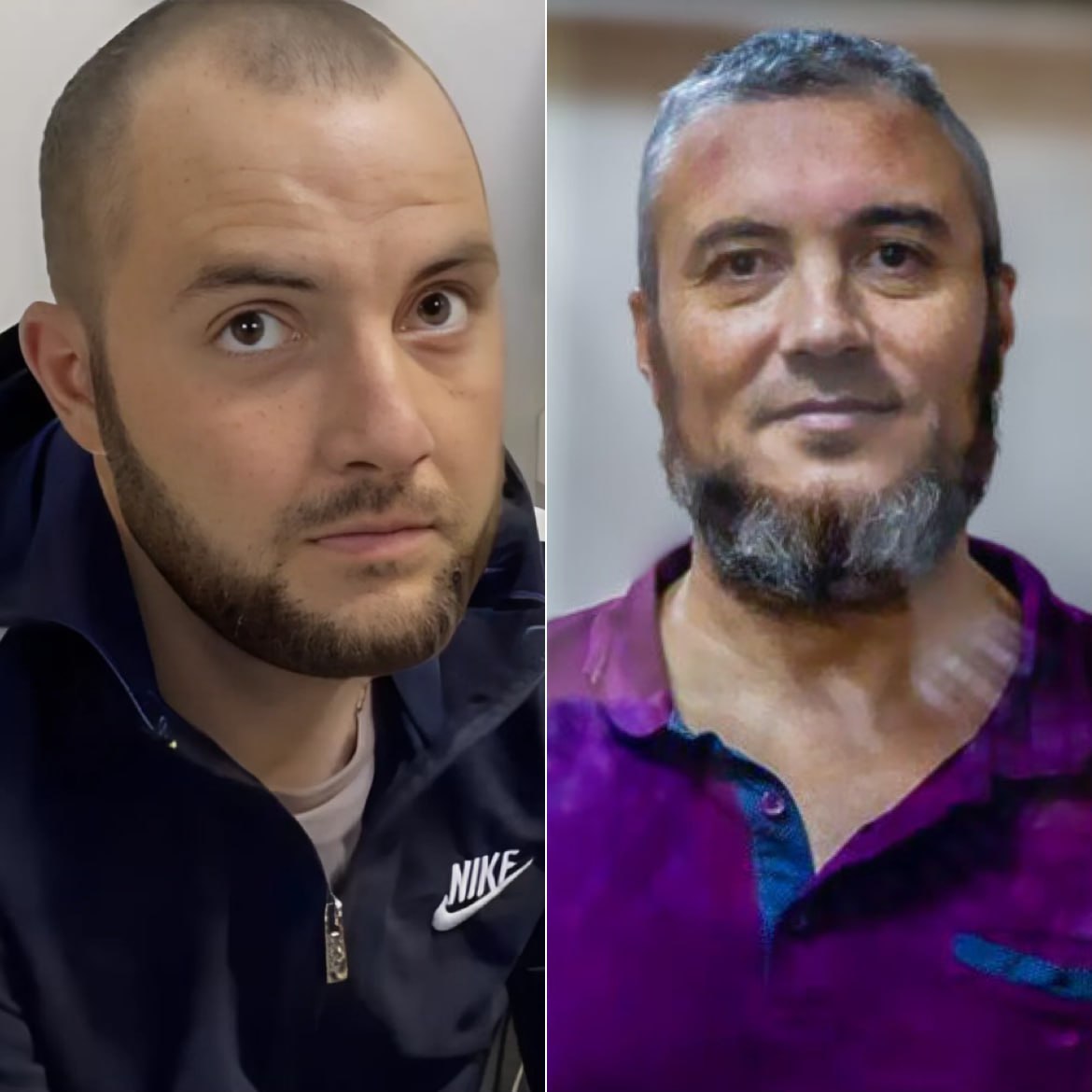Two Crimean Tatar political prisoners in Russia, Server Zekiryaev and Rustem Osmanov, are allegedly enduring severe mistreatment while serving sentences in Russian penal colonies, according to recent reports from family members and human rights organizations.
The men are part of a larger group known as the "case of Crimean Muslims," most of whom are Crimean Tatars. They stand accused of involvement with Islamic organization Hizb ut-Tahrir, that Russia deems terrorist or extremist, but which is not classified as such under Ukrainian law.
Hizb ut-Tahrir is a global Islamic organization that advocates for the establishment of a caliphate and the implementation of Islamic law but claims to pursue its goals through non-violent means.
Ukrainian Parliament Commissioner for Human Rights, Dmytro Lubinets, has called on Russia to "immediately stop torturing illegally convicted citizens of Ukraine."
Osmanov faces constant threats and physical abuse from the colony administration due to his Ukrainian citizenship, according to Lubinets.
Zekiryaev's wife, Zarema Zekiryaeva, wrote that her husband is being forced to breathe toxic fumes from the sewage system, leading to the inflammation of his cervical lymph nodes and resulting in sleep deprivation and physical exhaustion.
She described her husband's conditions in the Russian prison as “unbearable and unfit for life, almost torture,” according to the Crimean Human Rights Group.
On 11 June, Zekiryaev reportedly refused to enter his cell and requested improved conditions. His wife claims this led to intimidation tactics by security forces.
In a particularly striking incident on 9 July, Zekiryaev was heard shouting, "Why are you torturing me?" to which staff allegedly shrug their shoulders and said “we don't know” and “pray, we can't help you,” the Crimean Human Rights Group reports.
His wife appealed to the international community to “to stop this genocide and repression.”
"While the persecution of Crimean Tatars has been verbally discussed for decades at tribunals and meetings, we risk losing our loved ones every day,” she wrote.
Persecution of Crimean Tatars in Russia
On 11 October in 2017, Russian FSB officers detained six Crimean Tatars in Bakhchysarai, Crimea — Timur Ibragimov, Marlen (Suleiman) Asanov, Memet Belyalov, Seiran Saliev, Server Zekiryaev, and Ernes Ametov for their involvement with the organization Hizb ut-Tahrir, banned in Russia.
On 16 September in 2020, the Southern District Military Court in Rostov-on-Don sentenced them to terms from 13 to 19 years in prison.
The Crimean Human Rights Group reports that as of June 2024, at least 108 Crimean residents have been imprisoned in connection with this case.
Human rights advocates argue that these trials violate the right to fair judicial proceedings. They point out that evidence often relies heavily on anonymous witnesses, many of whom are allegedly FSB officers, and on linguistic analyses of the accused's conversations. Defense evidence, they claim, is frequently disregarded by judges.
Related:
- Kursk operation seen as rehearsal for Crimea’s liberation, says Crimean Tatar leader
- Poland recognizes Russian deportation of Crimean Tatars in 1944 as genocide
- Activists report mass repressions in Crimea against pro-Ukrainian supporters and Crimean Tatars
- Ukraine secures release of 10 civilians in Vatican-brokered exchange, including Crimean Tatar leader

